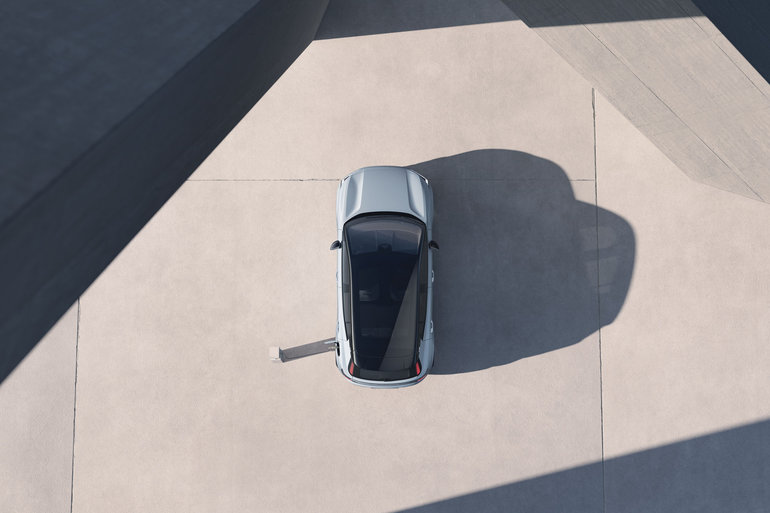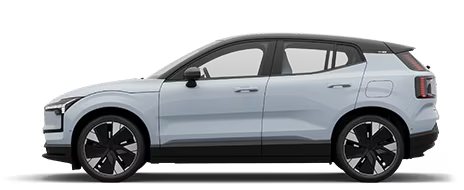Volvo Cars' Comprehensive Approach to Reducing CO2 Emissions by 2030
November 30 2023,

As the world gears up for the COP28 climate summit, Volvo Cars has announced an aggressive plan to further its climate action initiatives. The Swedish automaker aims to cut CO2 emissions per car by 75% by 2030, a target set against a 2018 baseline. This initiative is part of Volvo's broader goal to achieve climate neutrality by 2040.
Commitment to Electric Vehicles
Central to Volvo's strategy is the transition to fully electric vehicles. The company has set a goal to reduce CO2 emissions per car by 40% between 2018 and 2025. Progress is evident, with a 19% reduction already achieved in the first nine months of 2023. Volvo's commitment to only sell fully electric cars by 2030 is a significant step towards eliminating tailpipe emissions.
Strategic Partnerships for Sustainable Materials
Volvo is enhancing its climate action plan through strategic partnerships. The company has joined the World Economic Forum’s First Movers Coalition, supporting emerging clean technologies. A key focus is the shift to near-zero emission aluminum. Collaboration with the Swedish steel producer SSAB marks another significant step, as Volvo secures access to near-zero emission steel for use in their vehicles by 2026.
Advances in Electrification and Operational Efficiency
The introduction of the fully electric EX30 small SUV, with the lowest carbon footprint of any Volvo car, underscores the company's commitment to electrification. Fully electric cars accounted for 16% of Volvo's sales in the first nine months of 2023. The automaker is also moving away from internal combustion engines, with plans to produce its last diesel-powered car in early 2024 and a halt in R&D investments in new internal combustion engines.
Comprehensive Emission Reductions
Volvo is not only focused on vehicle emissions but also aims to reduce CO2 emissions in its supply chain and operations by 30% each by 2030. In 2022, 69% of Volvo's operations were powered by climate-neutral energy, and the company has achieved 100% climate-neutral electricity in its plants globally. Additionally, Volvo has switched from fossil fuel to biofuel for 86% of its intercontinental ocean freight, significantly reducing CO2 emissions and supporting operational emission reduction goals.
Volvo Cars is taking a holistic approach to reducing CO2 emissions, with a focus on electrification, sustainable materials, and operational efficiency. By setting ambitious targets and forging strategic partnerships, the company is leading the automotive industry in climate action. Volvo's progress and initiatives are critical contributions to the global effort to mitigate climate change and set a precedent for corporate environmental responsibility.




























